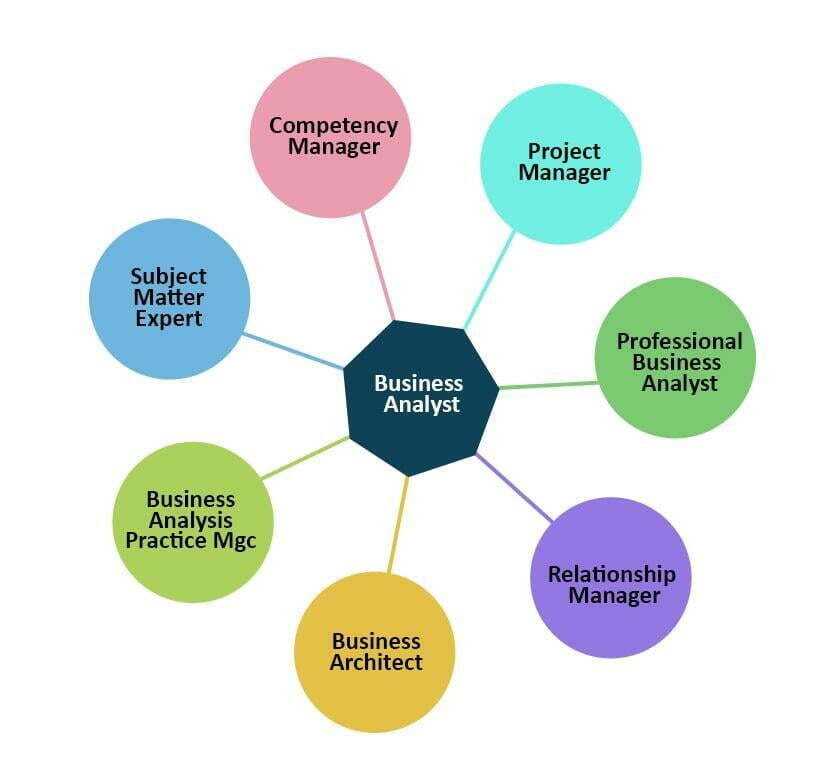Business Analysis Training Learn Key Skills for Effective Analysis

Business Analysis Training Learn Key Skills for Effective Analysis. Unlock your potential with our business analysis training. Master essential skills for effective analysis & drive success in your career. Join us today!
Introduction to Business Analysis Training
Business analysis is a critical process in organizations that helps identify needs, problems, & opportunities for improvement. In recent years, the demand for skilled business analysts has increased significantly as companies strive to make data-driven decisions. Business analysis training empowers individuals with the key skills necessary for effective analysis, decision-making, & problem-solving. I personally experienced how this training transformed my career, providing me with a structured approach to handle complex business challenges efficiently. The right training can make a substantial difference in how you analyze & interpret data, ultimately leading to better outcomes for organizations.
Essential Skills Covered in Business Analysis Training
One of the primary objectives of business analysis training is to equip participants with a diverse set of skills. These skills vary from technical abilities to soft skills, all crucial for effective analysis. Here are some of the essential skills covered in such training:
Requirements Gathering
Data Analysis
Stakeholder Engagement
Problem-Solving
Documentation Techniques
Each of these skills contributes significantly to your role as a business analyst. For instance, requirements gathering is vital because it ensures you accurately identify what stakeholders need. Mastering data analysis techniques allows you to interpret datasets effectively & derive meaningful insights. Stakeholder engagement practices enhance collaboration, ensuring that everyone involved is aligned with project goals. Problem-solving & documentation techniques help you develop a structured approach to address challenges & keep track of progress, which is essential for any analysis project.
The Role of Business Analysts in Organizations
Business analysts play a pivotal role in bridging the gap between IT & business within organizations. They act as liaisons between various stakeholders, ensuring that projects align with business objectives & client needs. During business analysis training, participants learn how to effectively communicate insights & recommendations to both technical & non-technical audiences. This dual understanding is critical for facilitating discussions that lead to actionable solutions.
On top of that, the role of business analysts involves assessing business needs & identifying opportunities for process improvements. They collect & analyze data to provide insights that inform strategic decisions. This context adds significant value as businesses seek to remain competitive in their industries. Through the training, participants gain soft skills that bolster their ability to influence decision-makers, leading to better project outcomes.
Different Types of Business Analysis Techniques
Business analysis encompasses various techniques that professionals employ to garner insights & drive results. Training sessions typically cover a broad range of methodologies designed to equip participants with flexible analytical approaches. Here are some prominent techniques often featured in business analysis training:
Technique Description
SWOT Analysis A tool that assesses strengths, weaknesses, opportunities, & threats related to a project or business.
PEST Analysis An analytical framework examining Political, Economic, Social, & Technological factors affecting a business.
Most Probable Cause Analysis A method often used in root cause analysis to identify the most likely cause of problems.
Each technique serves a unique purpose, helping business analysts evaluate different aspects of business challenges. Learning these techniques allows analysts to select appropriate methods based on specific project needs. With practical training & examples, participants can master these techniques, making them invaluable assets to their organizations.
Importance of Stakeholder Engagement
Stakeholder engagement is a cornerstone of effective business analysis. An integral aspect of business analysis training is learning how to build & maintain strong relationships with stakeholders. This training emphasizes the importance of active listening, empathy, & openness in communication. It teaches participants how to identify various stakeholder groups & tailor engagement strategies accordingly.
Effective stakeholder engagement not only helps gather necessary information but also ensures project alignment with business objectives. Engaging stakeholders helps business analysts uncover hidden needs that may not surface through traditional requirements gathering methods. Conflict resolution skills taught in training further enable analysts to handle disagreements constructively, facilitating smoother project execution.
"Successful business analysis requires an understanding of stakeholder perspectives & the ability to foster collaborative environments." - Vilma Kunze
Tools Used in Business Analysis
In addition to soft skills, technical proficiency is crucial in business analysis. Modern business analysts leverage various tools to streamline their workflow & enhance their analytical capabilities. Business analysis training often covers essential analytical tools such as:
Microsoft Excel
Tableau
Jira
Lucidchart
Google Analytics
These tools assist analysts by providing capabilities for data visualization, project management, & performance tracking. Excel remains a staple due to its extensive capabilities for data manipulation. Be that as it may, tools like Tableau offer advanced visualization options, which can be particularly useful for presenting insights to stakeholders. Familiarity with these tools not only enhances analysis quality but also enriches the analysts' professional profile, making them more competitive in the job market.
Real-World Applications of Business Analysis
The knowledge & skills acquired through business analysis training are applicable across various industries. Whether in finance, healthcare, technology, or any other field, effective analysis is crucial for informing strategic decisions & driving performance. Real-world applications may include:
Improving operational efficiency through process optimization.
Conducting market research to inform product development.
Identifying customer pain points to enhance user experience.
Analyzing financial data to forecast business growth.
Each of these applications highlights the potential impact skilled business analysts can have within organizations. The training prepares participants to identify relevant metrics, gather insights, & contribute meaningfully to their teams. This versatility in application further underscores the importance of gaining a comprehensive understanding of business analysis methodologies.
Frequently Asked Questions (FAQs)
What is business analysis training?
Business analysis training is a structured program designed to equip individuals with the skills & knowledge necessary to perform effective business analysis in various organizational contexts. Participants learn various techniques, methodologies, & tools that enhance their analytical capabilities.
How long does business analysis training usually last?
The duration of business analysis training can vary significantly based on the format & provider. Training programs may span from a few days for intensive workshops to several weeks or even months for more comprehensive courses.
What are the prerequisites for business analysis training?
While many business analysis training programs are open to beginners, some introductory knowledge of business processes & basic analytical skills can enhance learning. Familiarity with data analysis tools may also be beneficial.
Is certification available for business analysis training?
Yes, several certification options exist for business analysis training. Recognized certifications, such as those offered by the International Institute of Business Analysis (IIBA), can boost credibility & job prospects in the field.
Business Analysis Training
In conclusion, business analysis training is invaluable for those seeking to foster effective analysis skills in their career. This training equips participants with essential skills that facilitate better stakeholder engagement, problem-solving, & data interpretation. By mastering various analysis techniques & tools, professionals not only increase their value to organizations but also enhance their personal career growth opportunities. Whether you are new to the field or looking to advance your capabilities, enrolling in business analysis training can pave the way to a promising future.







